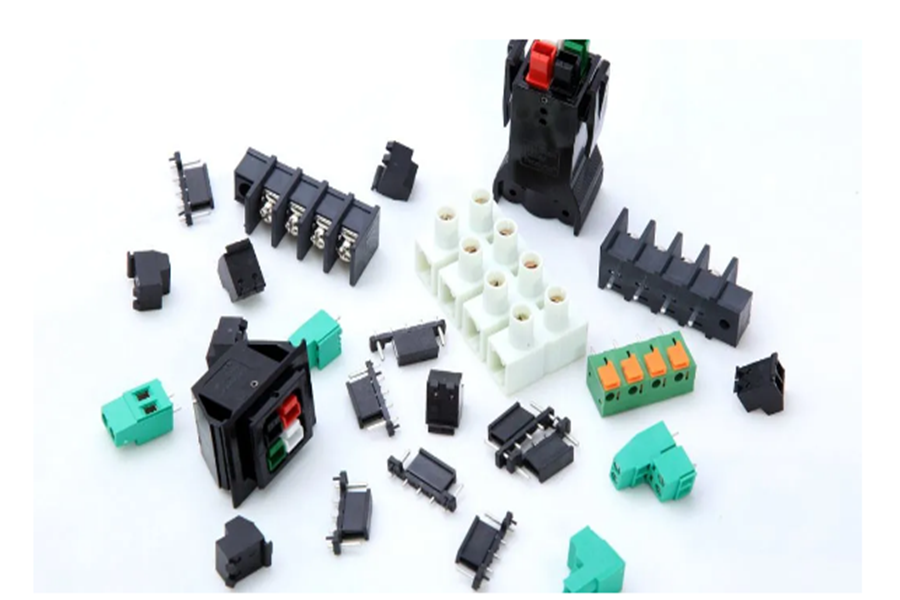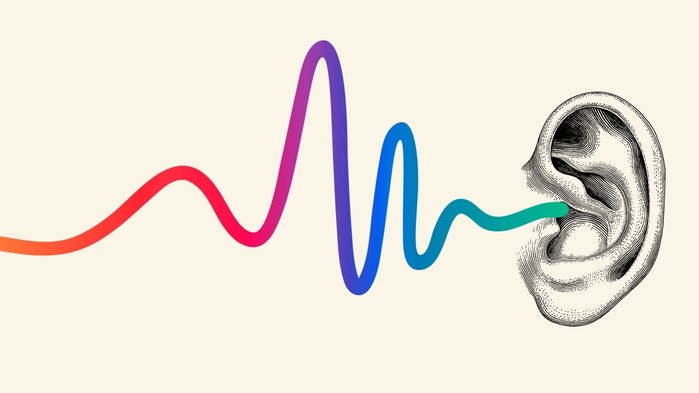
Occupational noise hearing loss refers to chronic progressive inner ear sound damage caused by long-term exposure to a steady-state noise environment. The most accessible part is in the cochlear basement membrane from the oval window 10~12 mm, with the contact noise time lengthening, the base The membrane is gradually expanded in coverage and begins to expand to the high-frequency region. Later, the low-frequency side can also be involved, causing mechanical damage to the hair cells, waking up, merging, shedding, and causing metabolic disorders in the inner ear, and reducing biochemical changes in enzyme activity. , eventually leading to destruction of hair cells. Long-term exposure to noise will eventually cause noise deafness, but the strength of the noise, the time of contact, the physical characteristics of the noise and individual differences can affect the occurrence and development of the damage.
Occupational noise introduction:
Occupational noise (noise deafness) is induced deafness caused by noise. Occurrence of occupational noise sputum is the result of long-term chronic effects of noise on the human auditory organs, manifested as chronic degenerative changes in the sensory system. Noise is widely present in people’s work processes and environments, and noise is one of the most common occupational diseases. It can cause damage to multiple systems of the human body, such as nerve, cardiovascular, endocrine, digestive system, etc., but the main and specific damage is in the auditory organs. Noise causes hearing loss. The initial performance is high frequency band 3000Hz to 6000Hz hearing loss. The basal cells of the cochlea are damaged and necrotic. As the time of receiving noise increases, the condition worsens and develops into the language bands 500, 1000, 2000Hz, eventually leading to Most or all of the cochlea, especially when the top is damaged, can cause significant hearing impairment. Noise hazard has become one of the major hazards in the world today. Noise pollution has been recognized as the top of the world’s seven major public hazards.
[clinical manifestations]
1, progressive hearing loss
When you start to touch the noise, the hearing is slightly dull. If you leave the noise, the hearing can be recovered after a few minutes. This phenomenon is called auditory adaptation. If the hearing is obviously slow under the action of long-lasting strong noise, the hearing can be recovered after a few hours, which is called auditory fatigue. If you further receive noise stimulation, it can cause hearing damage and it is not easy to recover by yourself.
2, tinnitus
It may appear earlier than deafness, or develop at the same time as deafness. It is a high-pitched voice, and the humming sound is more common. It is often annoying and disturbing at night.
3, others: may have headache, dizziness, insomnia, fatigue, memory loss, unresponsiveness, depression, palpitations, elevated blood pressure, nausea, loss of appetite, indigestion and other symptoms.
Cause
When the noise exceeds the 85 to 90dB intensity, it causes damage to the cochlea, which is related to the following factors:
1. Noise spectrum characteristics
Under the same intensity, high-frequency noise is heavier than low-frequency, and narrow-band noise or pure-tone is more harmful to hearing than broadband noise.
2. Noise intensity
The frequency of onset of noise deafness increases with increasing noise intensity.
3. Noise type
Impulse noise is more harmful than steady-state noise.
4. Contact time and method
Continuous contact is greater than intermittent contact damage; the longer the contact noise period, the heavier the hearing damage; the closer the noise source is, the more susceptible the hearing is to damage.
5. Individual susceptibility
Those who are high infirm and have suffered from sensorineural deafness are susceptible to noise damage. Some people think that the tympanic membrane perforation of the ossicular chain is interrupted, the noise damage is relatively light.
Treatment of noise deafness
1, medication
Drug treatment is generally divided into two types of Chinese medicine treatment and Western medicine treatment. General medical treatment is for patients with low levels of noise and deafness and milder conditions. Traditional Chinese medicine treatment is the treatment of traditional Chinese medicine. Such as the use of blood stasis, Tongluo reclamation of traditional Chinese medicine treatment or acupuncture treatment. Western medicine is a combination of western medicine and traditional Chinese medicine. Drug therapy for mild deafness has a good effect, but it is less effective for patients with chronic deafness who have long-term treatment or severe symptoms.
2, surgical treatment
High risk: hearing reconstruction surgery, tympanoplasty and cochlear implants. Surgical treatment requires precise and rigorous conditions. It requires advanced medical equipment and a team of first-class physicians. Patients have certain risks and cannot recover completely.
3, physical therapy
At present, the common physical therapy in the clinic includes microwave therapy, hyperbaric oxygen therapy, iontophoresis, and high-frequency electromagnetic wave local irradiation. These are already the traditional treatment methods to cure the symptoms.
Jinghao medical hearing aid reminder: hearing aids need to be professionally “fitted”, it is very important to choose a professional hearing aid fitting center and hearing aid fittings! All patients and friends have any hearing problems can call the Jinghao medical consultation, or personally Come to the fitting center experience. Hearing aid free consultation phone: +86-752-2299187
You can also email us: Jinghao14@jinghao.cc for more information you want to know.
Link:What about occupational noise deafness? Is it cured?
REF: Hearing Aids, Hearing Aids Supplier , Digital Hearing AidsThe article comes from the Internet. If there is any infringement, please contact service@jhhearingaids.com to delete it.






